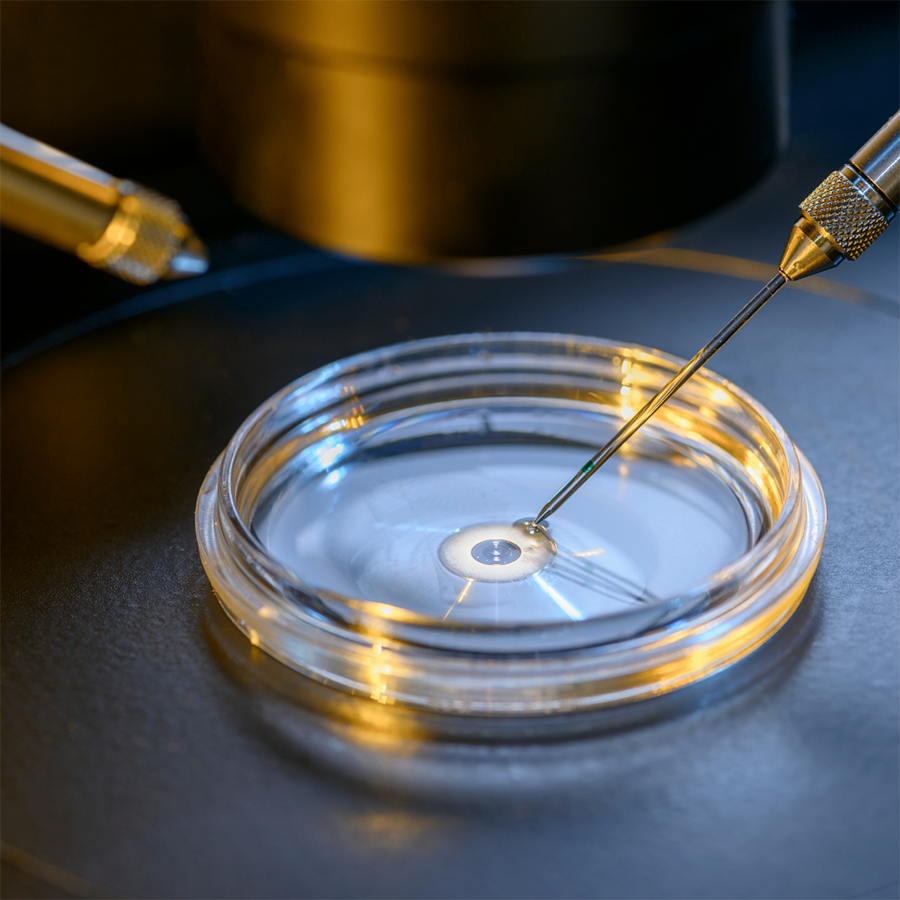We offer a complete range of state-of-the-art IVF treatments to help you become pregnant.
CACRM offers the latest fertility treatments, such as in-vitro fertilization (IVF), egg donation, and surrogacy, to help our patients become parents. We have over 100+ years of combined experience in the fertility field.
With IVF, the process of sexual intercourse is bypassed by the fertilization of oocytes (eggs) in the laboratory through in vitro fertilization. The American Society for Reproductive Medicine (ASRM) defines IVF as all fertility treatments that include the handling of eggs and sperm and/or embryos.
Fertile couples undergoing IVF may use pre-implantation genetic testing for monogenic disorders (PGT-M) as a reason to screen and detect genetic diseases and disorders. Another reason is for fertility preservation, to preserve your ability to get pregnant in the future and some individuals may choose gender selection for family balancing.
IVF Treatments
CACRM provides fertility treatments that include in vitro fertilization and complementary techniques to enhance IVF success.
IVF is the most common fertility treatment where we fertilize eggs and sperm in the laboratory. The doctor transfers the resulting embryo(s) to the intended mother or surrogate’s uterus.
Blastocyst embryo transfer is a specialized IVF laboratory technique where the doctor transfers embryos that have been fertilized, grown, and developed for five to six days. The blastocyst stage of embryo development matches what occurs naturally when an embryo implants in the uterus.
Intracytoplasmic Sperm Injection (ICSI)
ICSI involves an embryologist injecting a single sperm directly into the outer layer of an egg to facilitate fertilization. It was developed to resolve severe male factor infertility issues but now is utilized for patients with a wide variety of infertility diagnoses.


Preimplantation Genetic Testing (PGT)
PGT involves embryo testing techniques that allow us to analyze the viability of embryos before transfer to the uterus or to test if they are carrying a genetic disorder. PGT-A is used to identify embryos affected by chromosomal abnormalities which may affect implantation and pregnancy success and PGT-M is used to help prevent certain diseases or disorders from being passed on to the child from the parent(s).
We test embryos to determine their gender either for medical reasons or parental preference and family balancing,
We recommend cryopreserving (freezing) embryos, sperm, or eggs for patients who either will undergo fertility-threatening medical treatment or who would like to plan their families for a future date.
